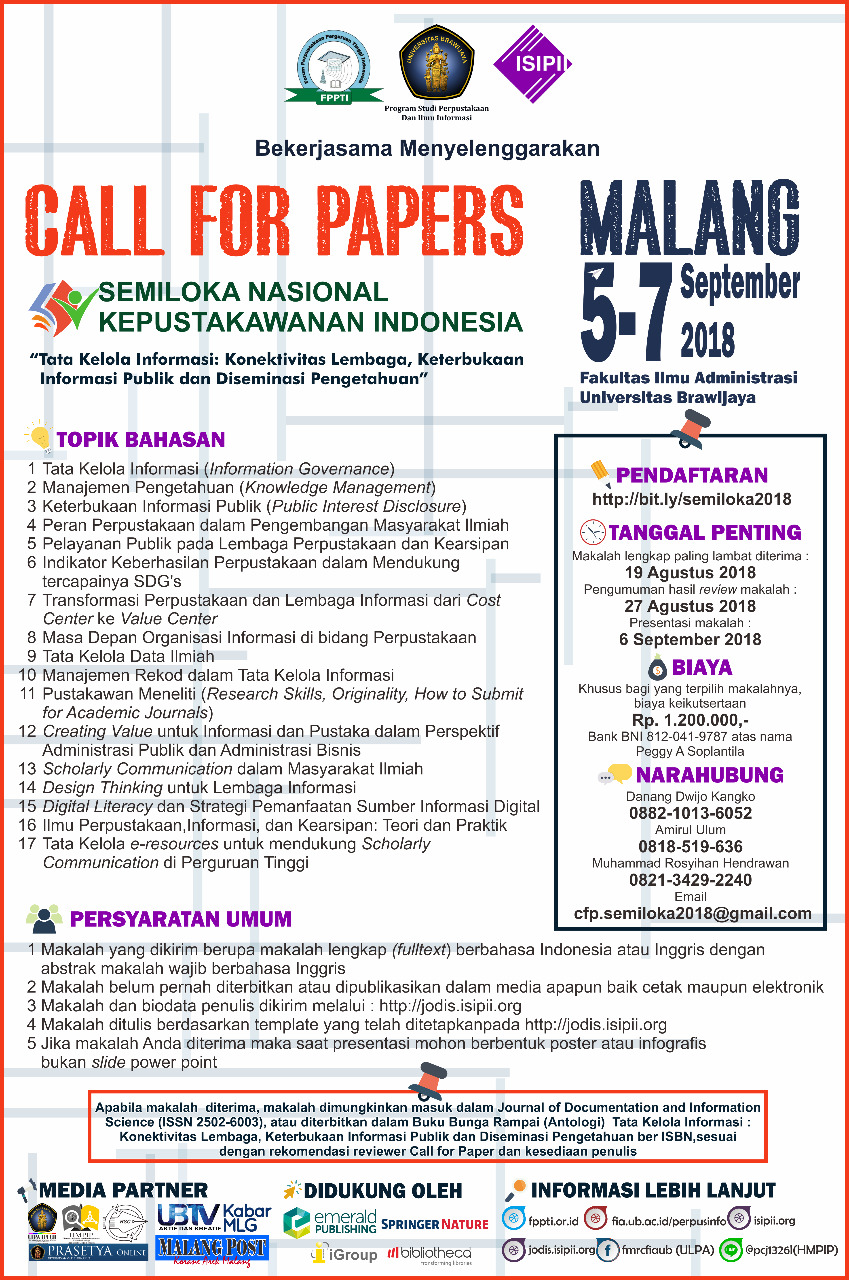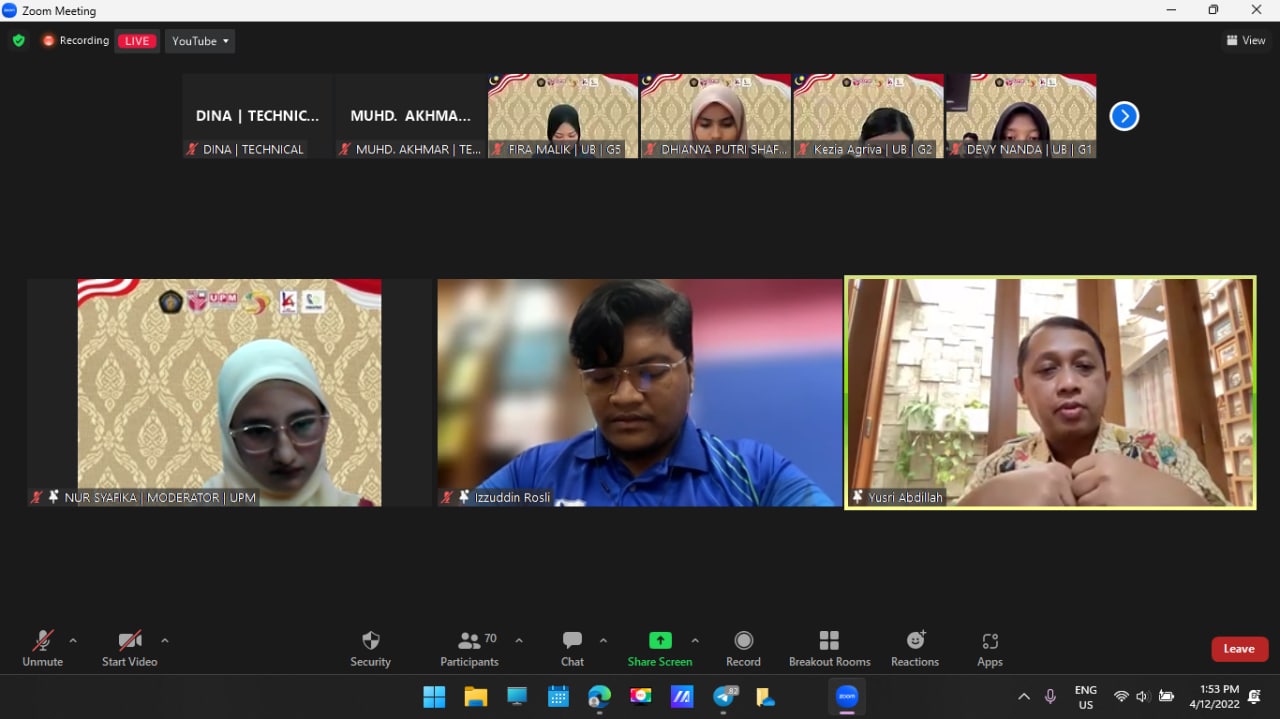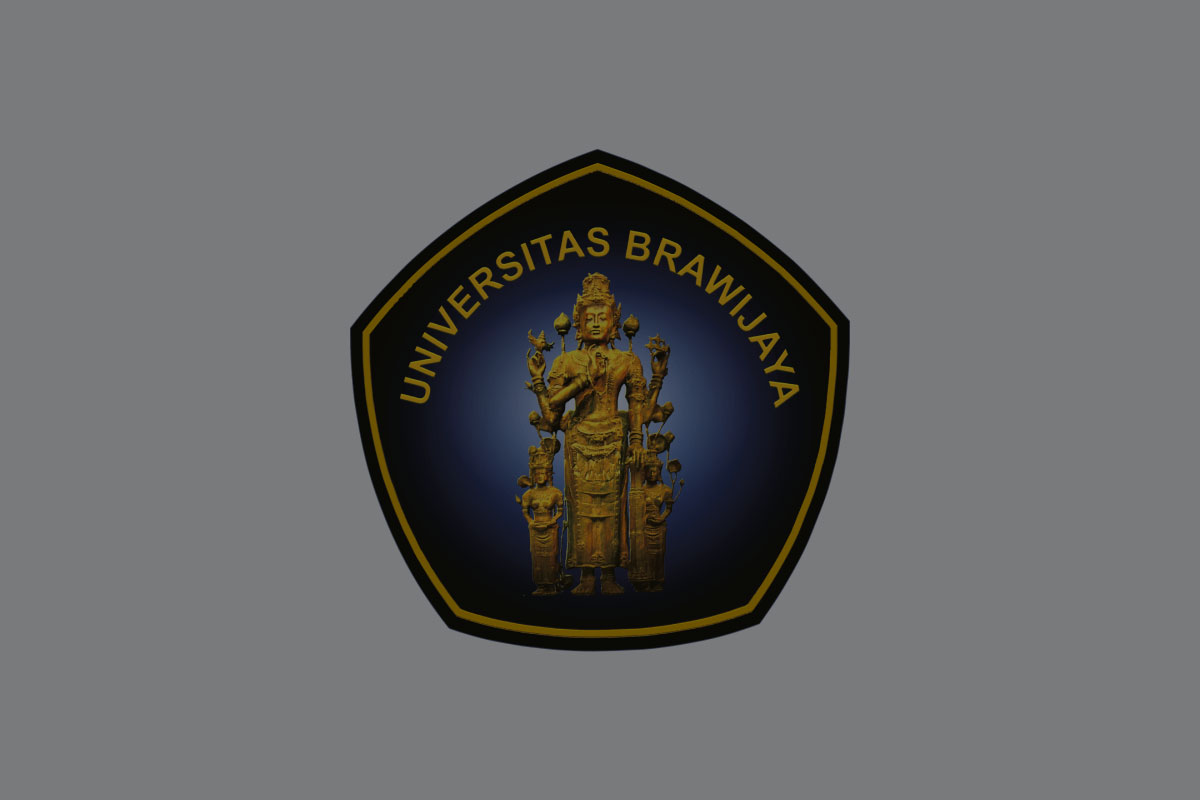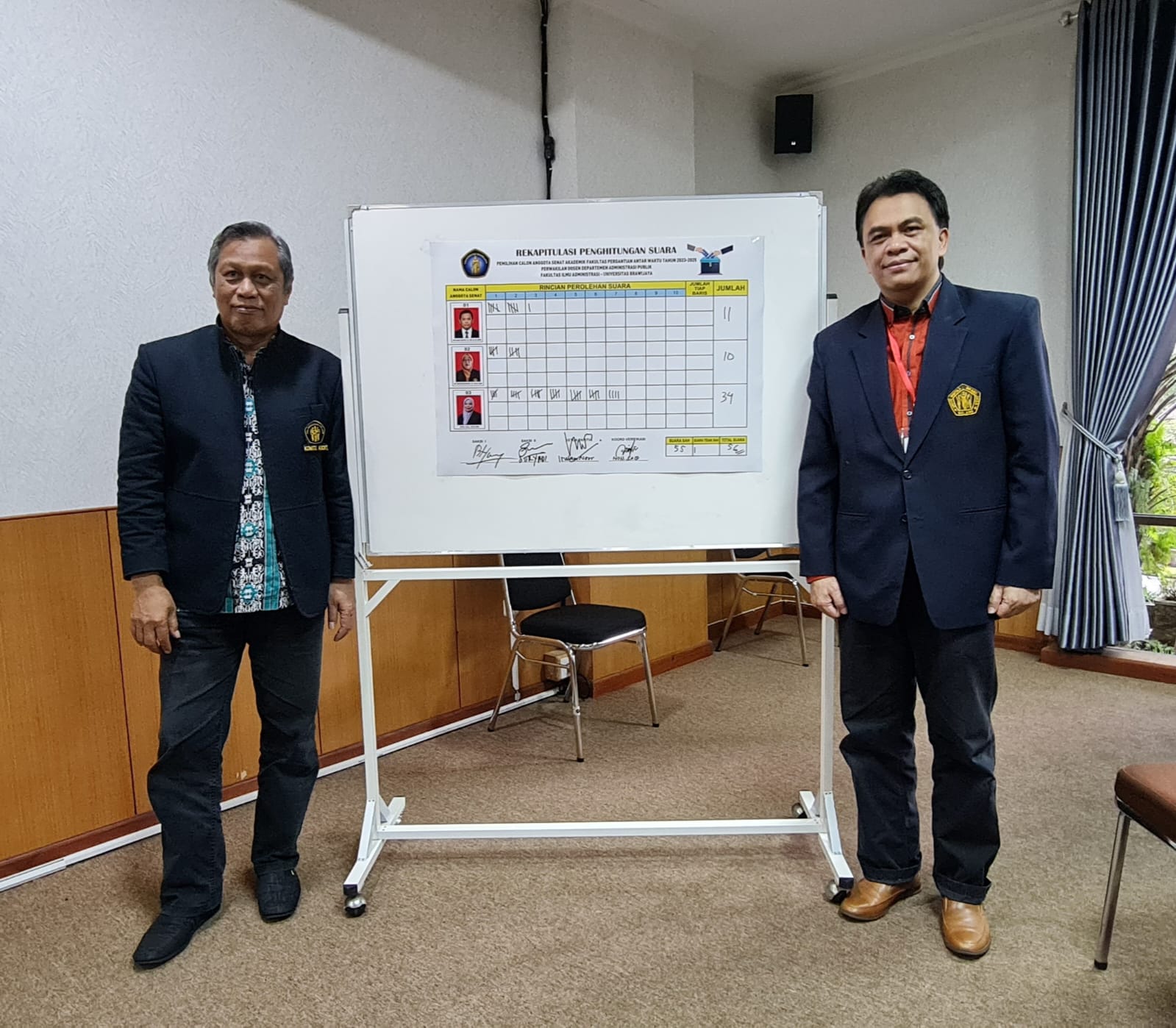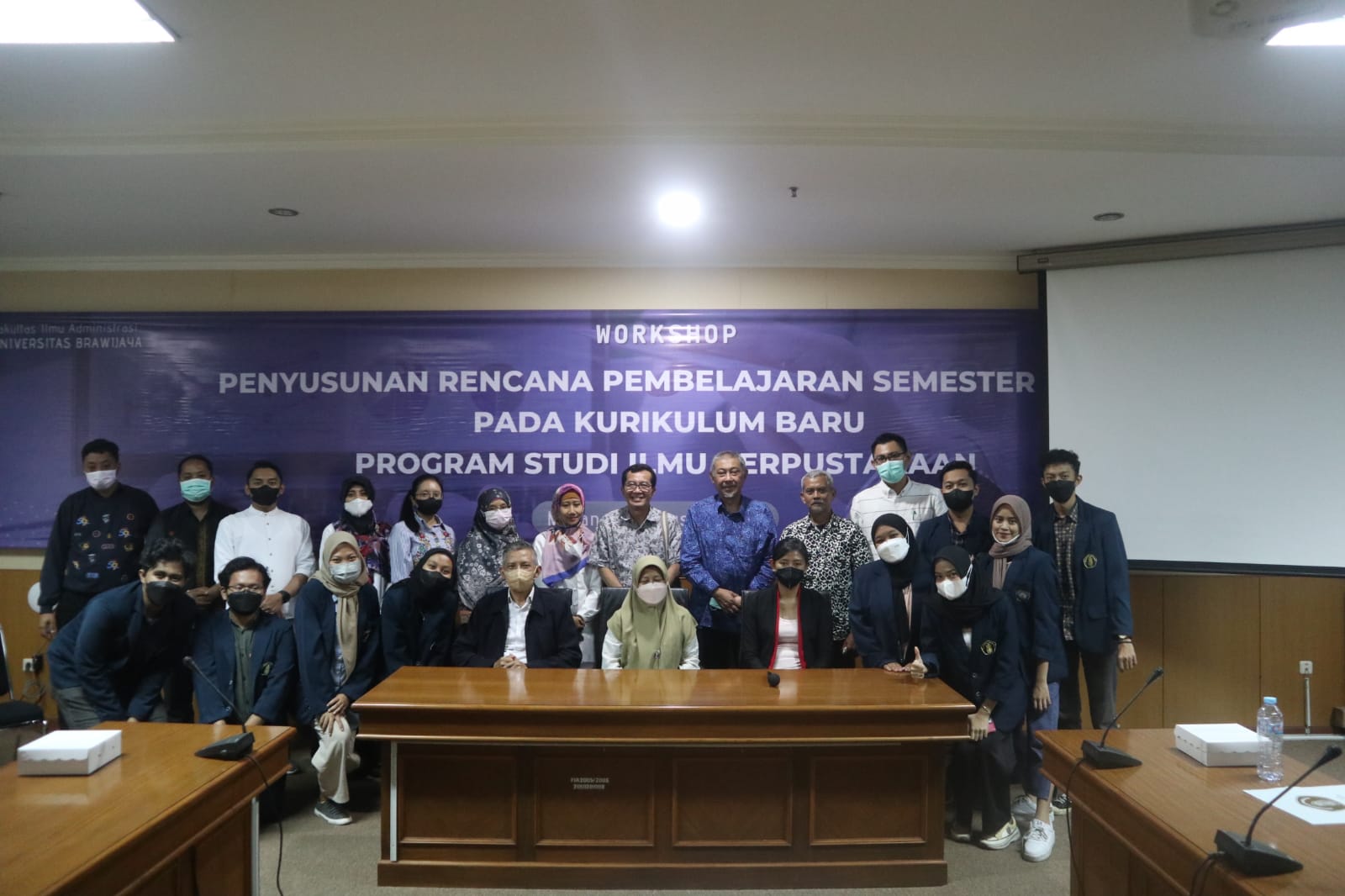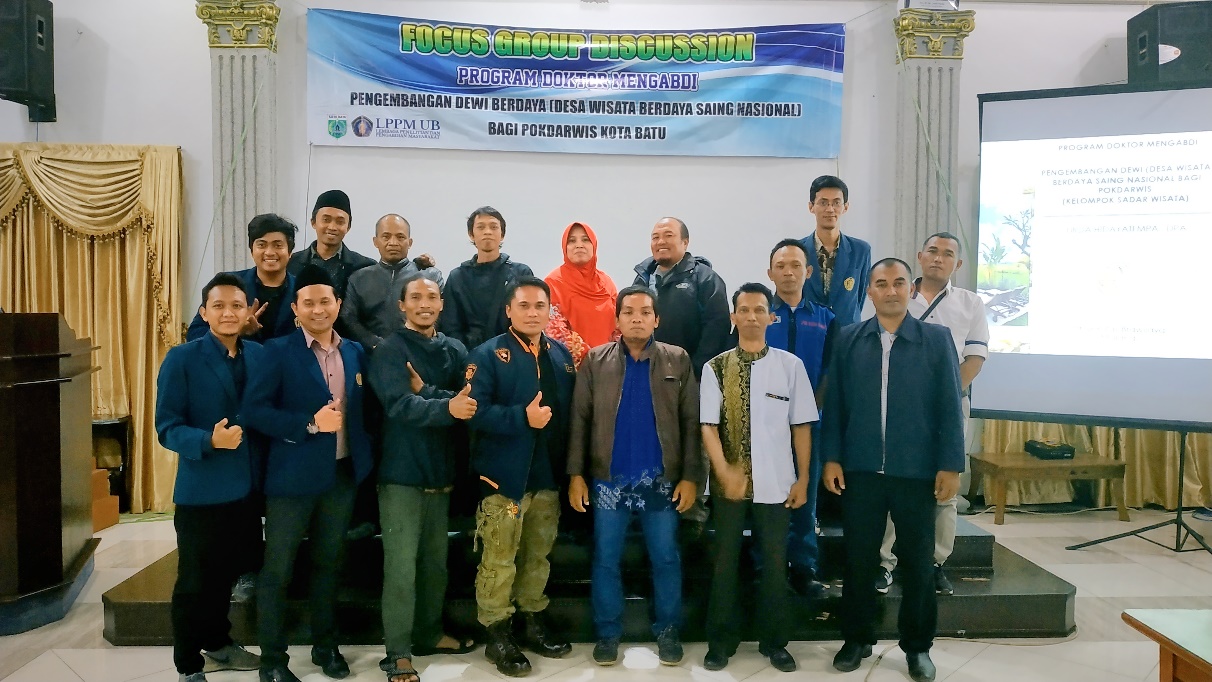[vc_row][vc_column][vc_column_text]
Information governance concept or information governance to look "new" because of the changes caused by the use of today's technology, especially computer-based technology or digital technology. Principle understanding of information governance (information governance) initially placed in a broader context, namely governance (governance) which implies how a nation distributes power and manages resources as well as various problems faced by society. In other words, the concept of governance contains elements of democracy, fairness, transparency, rule of law, participation and partnership. If we assume that today's society is an "information society", we actually directly assume that the activities of seeking, collecting, and using information have become the main activities in that society. In today's society information competence is the main provision of life. A person can function and act adequately in his society if he has the ability (abilities), Skills (skills), and competency (competence) information. such as an everyday example that can be felt by the public in urban areas, namely the willingness of public information. Documentary institutions as well as public institutions such as libraries, record centers, archive depots, documentation centers, museums and so on enable this information and connectivity to aim at the dissemination of shared knowledge. If a society experiences difficulties in dealing with information problems in their lives, then that society needs the help of professionals, information workers (information workers).information professionals) who have certain competencies.
Equally important, these competencies are related to work efficiency and effectiveness, and are based on an agreement, meaning that competence is the business of both parties: the worker/service provider and other people who use their work. Then there is a unique element because the competence of information workers cannot be equated with the competence of people in general. These unique competencies are basically used to serve the interests of society, as part of a service institution (services). As part of an institution, the competencies of information professionals such as librarians, records managers, archivists, curators, knowledge/information managers, documentaries, information and documentation management officials (PPID) and so on are seen as part of the work, therefore librarian competencies are seen as part of professionalism.
So now we in Indonesia can understand information governance (information governance) as part of public sector reform and engagement of the wider policy-making network. Even so, in general we are familiar with information governance in a specific and technical sense. There are several fundamental aspects that we still need to understand in terms of the role of documentary institutions as well as public institutions in Indonesia today, such as libraries, record centers, archive depots, documentation centers, museums and so on, especially when building the nation both in terms of institutional connectivity, information openness. public and Knowledge dissemination and information governance itself can now be seen as an inseparable unit. Various approaches are needed to understand some of these roles, in particular to focus our attention on the literary tradition and the librarian profession. Due to the provisional conclusion, core issues in competence and professionalism will play a very important role in the process of transformation and reform which is the main driver of the implementation of information governance. This is a problem that must receive the full attention of the world of Indonesian librarianship at this time. In other words, the competence and professionalism of information workers is actually at the central point of the governance paradigm (governance). In 2018, in accordance with the vision and mission and scientific responsibility of the Library and Information Science Study Program, Faculty of Administrative Sciences, Universitas Brawijaya (FIA UB), in collaboration with the Indonesian Association of Library and Information Science Scholars (ISIPII) and the Indonesian Higher Education Library Forum (FPPTI ), we are proud to present Indonesian Librarianship National Workshop 2018 with the Big Theme “Information Governance: Institutional Connectivity, Public Information Disclosure and Knowledge Dissemination.” Through this big theme, we invite scientists and practitioners from various fields of study or disciplines related to libraries and information science, such as archival studies, records management, documentation studies, museum studies, information systems, computer science, data science, public administration. , business administration, education administration, management, communication science, sociology of knowledge, etc. to contribute from various perspectives in the development of the interdisciplinary nature of Library and Information Science science in this scientific activity.
TYPE OF ACTIVITY
National Seminar
The National Seminar is filled by key speakers (keynote speakers) and main sources (invited speakers), as well as discussions presented by speakers who came from the selection results call for papers. This is the main activity of a series of activities carried out for three days.
National Workshop
The National Workshop will provide three choices of classes that describe the areas of study that participants can take part in, especially in the context of improvement softskills in the field of libraries, information, archives, and information technology. All participants in the National Workshop were also resource persons because they were packaged in a FGD format. In the initial session, each key resource person in each class will explain together in parallel to the participants their thoughts on the concept that is the theme of each session. After that, participants will choose a theme that will be discussed together. In this FGD session, apart from being the main resource person, a facilitator was also assisted as the host and note taker. This time the National Workshop participants were divided into 3 classes, namely:
- Library and Information Science Class
- College Library Studies Class
- Public Information Studies Class
Training (training)
Training (training) in this activity. Participants are free to choose training materials according to the theme of interest. The training will be guided by a Facilitator who is competent in his field.
The training theme is:
- Research Librarian (Research Skills, originality, and information literacy)
- Implementation Knowledge Management in the World of Business and Education
- Design Thinking for Libraries
- Digital Literacy and Strategies for Utilizing Digital Information Sources
TOPIC OF DISCUSSION CALL FOR PAPER (PAPERS)
- Information Governance (Information Governance)
- Knowledge Management (Knowledge Management)
- Public Information Disclosure (Public Interest Disclosure)
- The Role of Libraries in the Development of Scientific Society
- Public Services at Library and Archive Institutions
- Indicators of Library Success in Supporting the achievement of SDG's
- Transformation of Libraries and Information Institutions from Cost Center to Value Center
- The Future of Information Organization in Libraries
- Scientific Data Governance
- Records Management in Information Governance
- Research Librarian (Research Skills, Originality, How to Submit for Academic Journals)
- Creating Value for Information and Libraries in Public Administration and Business Administration Perspectives
- Scholarly Communication in the Scientific Society
- Design Thinking for Information Institutions
- Digital Literacy and Strategies for Utilizing Digital Information Sources
- Library, Information and Archival Science: Theory and Practice
- Governance of e-resources to support Scholarly Communication in Higher Education
GENERAL REQUIREMENT
- Papers submitted are complete papers (fulltext) in Indonesian or English with abstracts of papers required to be in English
- This paper has never been published or published in any media, both print and electronic
- Papers and author bios sent via http://jodis.isipii.org (direct links http://jodis.isipii.org)
- Papers are written based on the template that has been set on http://jodis.isipii.org (direct links
- If your paper is accepted, please take the form during the presentation poster or infographics not powerpoint slides
IMPORTANT DATE
- full paper (full text) received no later than: August 19, 2018
- Announcement of results reviews term paper: August 27, 2018
- Paper presentation: 6 September 2018
Information for Call for Paper For further information, contact:
- Danang Dwijo Kangko : 0882-1013-6052
- Amirul Ulum: 0818-519-636
- Muhammad Rosyihan Hendrawan : 0821-3429-2240
Or via e-mail: cfp.semiloka2018@gmail.com
PARTICIPATION FEE AND FACILITIES
Especially for those whose papers are selected, the participation fee Rp. 1,200,000.- (One Million Rupiah) Account. BNI 812-041-9787 a/n Peggy A Soplantila
- Fill in the registration form On line through http://bit.ly/semiloka2018
- Send proof of payment via email cfp.semiloka2018@gmail.com (for presenters) or semiloka2018@gmail.com (for participants) with email subject Semiloka 2018 or via WhatsApp 08567379901 including your full name and agency/organization.
Information for Participants For further information, please contact:
- Echa : 0817-0330-0035
- Ima : 0821–2254-7536
- Peggy : 0856–7379-901
- Aulia : 0858-5116-4487
- Erlita: 0821-3961-6100
Or via e-mail: semiloka2018@gmail.com
Publication Materials:
PUBLICATION OUTSTANDING
If the paper is accepted, it is possible to enter inside Journal of Documentation and Information Science (ISSN 2502-6003), or published in Book Anthology (Anthology) of Information Governance: Institutional Connectivity, Public Information Disclosure and Dissemination Valuable knowledge ISBN, according to recommendations Call for Paper reviewers and author willingness.
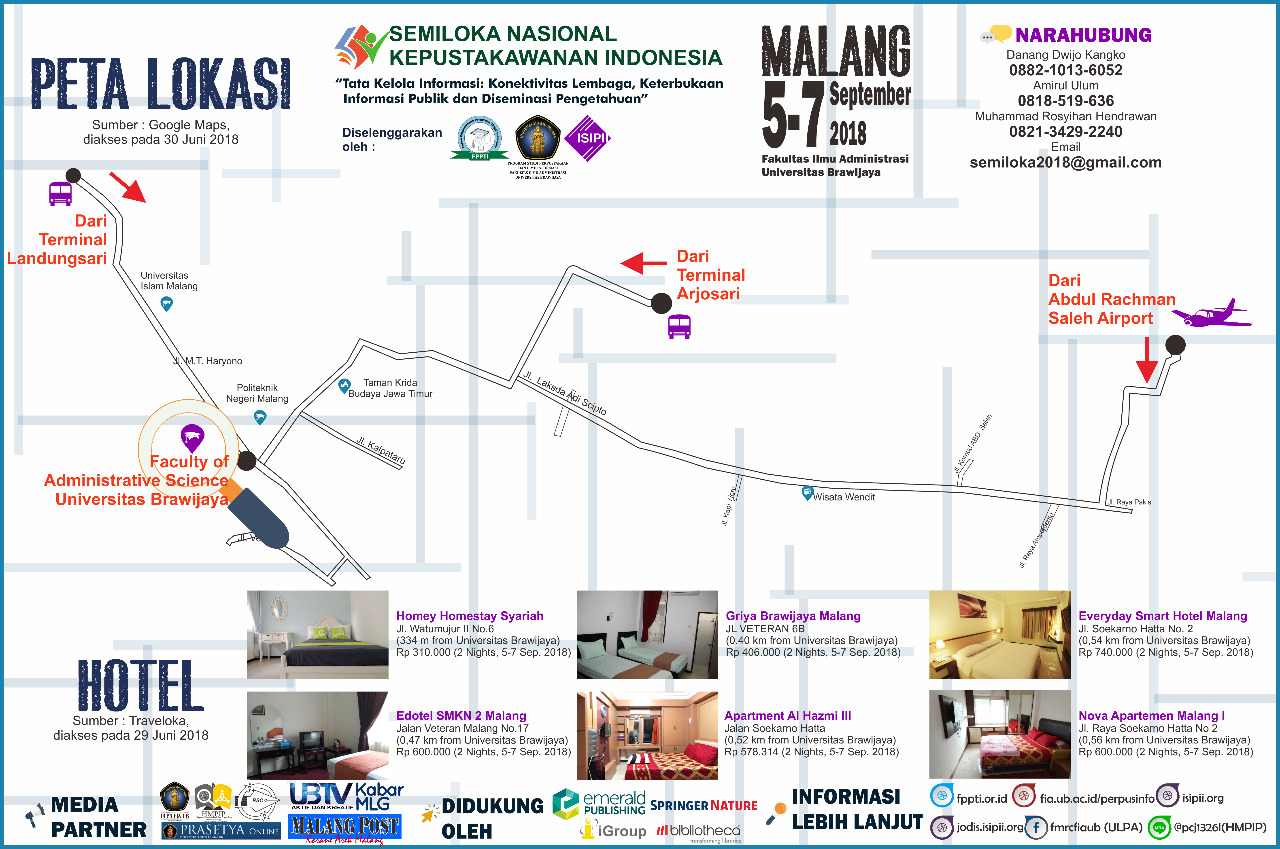
[/vc_column_text][/vc_column][/vc_row]


